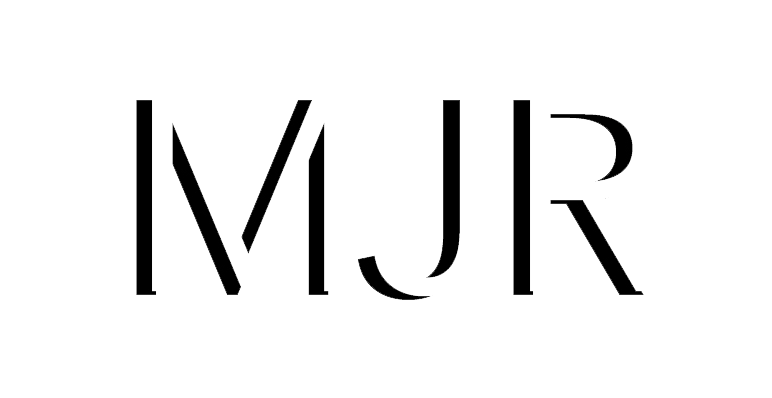I truly love foreign languages. Ever since I was little I have been attracted by the mystery of different linguistic cultures, the sounds, the shapes and configurations of letters, the similarities and differences, the shadowy but inviting veil between confusion and illumination. I think my first experiences with foreign language came from Bible stories, worlds filled with lengthy lists of mysterious names and cities and rivers, and finding my own name among its pages certainly confirmed my place and invited my participation in a life of language learning. You cannot get far in literature or music without coming across a linguistic frontier, and I simply find them delightful and stirring.
Up until this point my language interests have lacked a certain focus. I have never become "fluent" by any technical or personal standard and most forays into a given study have been more in the area of the hobby. (Not that this is bad! I wouldn't give up a moment of learning the Greek alphabet with my brother in elementary school or learning French by casette in junior high. Those experiences have made me who I am today.) This post explores the paradigm shift that I am experiencing in my linguistic study, an exciting change that promises to enrich and focus my already eager passion.
Lava Gull (1991) by Alan Gouk.
It all starts with the blog world. Seriously, type "second language acquisition blog" in Google or click on one of the language blog links to the left. There is a whole world of people who love nothing better then exploring great ways to learn languages. I particularly appreciate the combination of opinion, study, and outright encouragement I find in blogs like The Mezzofanti Guild, EDLL, and polyglossic. It's best to stay positive.
Here are the things I've been doing to stay positive. My language at this point is German: the tongue of my maternal ancestors (Bachmans und Luckensmeyers), the language of Vogelweide, Luther, Bach, Goethe, and Schoenberg, and the one in which every musicologist needs to be proficient. Growing up my learning tools have consisted of learning grammar, some vocabulary, and maybe trying to memorize a song or poem. Very solitary, very inefficient, and ultimately discouraging. In 2009-10 I took a year of German at a community college, an extremely uplifting environment that got me enough chops to start reading fairy tales by the Grimm Brothers. Personally, I suggest all these things and would add to them the following unique and exciting technique that I've recently gotten into: shadowing. (Disclaimer: I'm not an expert, just enthusiastic.)
Shadowing goes something like this. Remember when you were in, say, third grade and you thought it would be awesome to "show off your cognitive erudition" (also known as "annoy people") by repeating whatever anyone else says as they're saying it. It's word piggybacking. If you did not ever do that as a child, perhaps you have had it done to you, or maybe you've heard the echo effect in the second verse of Britten's This Little Babe from A Ceremony of Carols. The object is to listen and mimic, immediately, almost simultaneously, the foreign words you are hearing. Additionally one can shadow more effectively by saying the sounds as loudly and clearly as possible and by pacing briskly. That last part is a little awkward at first, but is intended to challenge your brain to multitask and therefore get the language into the "automatic" section of your mind. Interested? Confused? More description here.
Duchamp Descending a Staircase by Du-u-cha-ha-m-mp-p himself.
This is how I do it. I subscribe to podcasts from www.SlowGerman.com a series of talks by Annik Rubens of Münich. I listen to half-minute intervals on my iPod with earbuds, saying the sounds as she says them, while pacing back and forth on my porch, repeating until I feel as though I am matching the sounds and inflections of her voice. Later I will read the text and put together more of the meaning that I wasn't able to glean from just listening. The benefits of this process after a month are:
- I am exercising my listening skills, something you can't really do by just reading, but something you don't want to leave until the last minute if you actually expect to have a back-and-forth conversation with a native. Identifying words without reading is very difficult for me, sort of like musical dictation, but that probably means its worth doing.
- I am ingesting the "music" of German. Even if I don't know the exact meaning I can generally identify clauses, verbs, nouns, prepositional phrases, etc. I can especially hear the double-verb sentence endings (...fahren wollen). These forms and sentence chunks become ear-worms that play repeatedly in my head.
- Afterwards I can babble in German, funny little sentences. Huge boost to the confidence, feeling things roll off your tongue, even if they roll without complete control. With the forms in my head it's just a matter of learning some more vocabulary and brushing up on grammar, mostly genders and adjective inflection.
If you want something to revitalize and challenge your language learning experience, I would suggest trying out shadowing. It is truly exhilarating (SlowGerman.com is not quite as slow as you might think and sometimes it feels like getting chased by a pack of wolves to keep up) and quite satisfying to glean meaning from repeated listenings without the help of a text.
This is often how it feels to do shadowing, although the consequences of slipping are not nearly as tragic.



